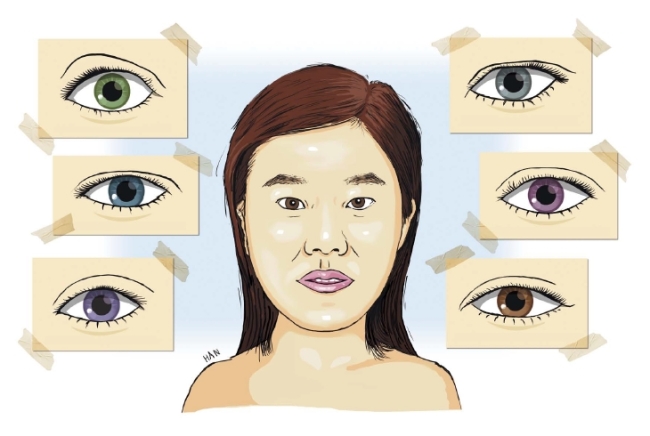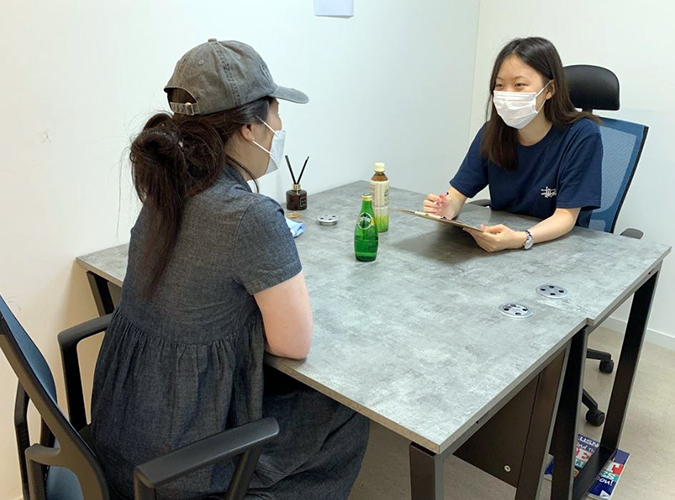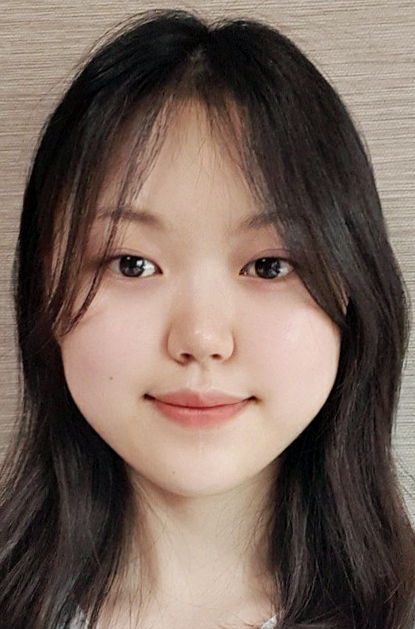
The definition of beauty is fluid and multifaceted; it can be something emotional or physical. Modern life, however, is filled with methods to become more physically beautiful, with the average Korean youth spending their energy on makeup, fashion, diets, camera filters, and even cosmetic procedures.
In South Korea, plastic surgery is widely accepted as a normal part of life like makeup and fashion. This “perfection cult” culture has embedded itself deeply within Korean society, and is starting to be viewed as a necessary step for teenagers before entering adulthood. Among my classmates, it is easy to find many girls returning to school after summer break with new faces. With each surgery, my peers are choosing to erase what makes them unique and replace it with the homogenous yet “beautiful” status quo.
When teens are pressured to be gorgeous and given access to predicted, tantalizing results of plastic surgery using Photoshop, it is no surprise that someone would be influenced to give surgery a try. I wanted to find answers to the following questions: 1) Besides time and money, what are the actual costs and benefits? 2) How does the average Korean woman think about the popularity of plastic surgery?

To answer these questions, I interviewed three individuals with differing ages and opinions on plastic surgery.
My first interviewee supported the idea of plastic surgery, stating that “In modern society, people who blindly oppose plastic surgery have increasingly less room to be understood. Plastic surgery has become a way of investing in myself and above all, [my] confidence. The demand for plastic surgery for men is also increasing. Specifications and interviews are important for employment, but it's a tremendous merit if you can gain trust and respect from the way you look externally." She saw the societal pressures on lookism and the internal yearning to be accepted and confident as adequate reasons to improve one’s external appearance through plastic surgery.
On the contrary, my next interviewee said “We know that there are people who are medically inevitable [to have plastic surgery], and they [are people I can] understand 100 percent. But I think cosmetic surgery is different. In fact, there are a lot of people who are ruined [physically] rather than getting better before and after plastic surgery. In addition, there are frequent medical accidents, but is the beauty of risking your health worth it?”. Her statement can also be supported by the news reports of surgery accidents and the outer appearances of some people who became addicted to plastic surgery, such as Roddy Alves.
My last interviewee, who is only a year older than myself, also felt the heavy pressure of looking perfect. “In some ways, I want to be seen as pretty, and to have charisma just from my appearance alone. But in other ways, I am afraid to lose my current self as a result of adapting to beauty standards. I haven’t been able to decide whether the benefit outweighs the numerous costs of surgery.”

In modern society, where people are apt to judge others by their looks, appearance is indeed becoming a crucial factor in taking advantage of any opportunity. Beauty, unfortunately, is not an objective goal that can be achieved through effort; it is subjective, and the standard of beauty changes over time. This constantly changing ideal is a mental strain on the average person that will only stop when the people truly accept themselves - something that is hard to do when society is always pointing out outward flaws. In a world where it is not uncommon to hear “Your eyes are too small. Your nose is too flat and your skin is too dark,” plastic surgery may seem like the remedy to the stress. A person can exhibit the unique beauty of their physical features through other methods which are not permanent changes, like makeup or fashion.
To teenagers who critique themselves in front of the mirror like myself, we must remember that another person’s beauty is not the absence of our own. We do not have to compare ourselves or rank one anothers’ physical appearance. Rather than slicing up our bodies and sewing them back together, maybe we should try to accentuate our own traits instead.

Yeojin Kim
Grade 12
The Learning Community International School

